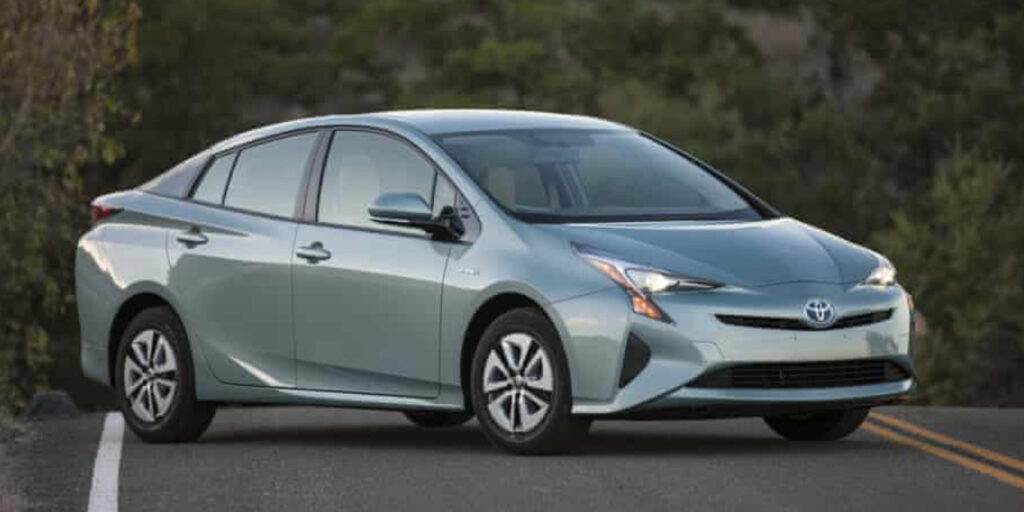Britain must proceed with its plan to ban the sale of new non-plug hybrid cars by 2030 or risk derailing its net-zero ambitions, the Electric Vehicles UK (EVUK) has warned. Vehicles like the Toyota Prius, which rely on internal combustion engines to charge their batteries, should be excluded from sales to maintain public confidence in the government’s commitment to electric vehicles (EVs).
The Department for Transport (DfT) plans to prohibit the sale of all new petrol and diesel-only cars starting 1 January 2030. While plug-in hybrids capable of significant zero-emission driving may be allowed until 2035, the sale of full hybrids without external charging capabilities remains under consultation.
Calls to Strengthen Zero-Emission Vehicle Mandate
Dan Caesar, chief executive of EVUK, emphasized the importance of banning non-plug hybrids to avoid undermining the UK’s world-leading zero-emission vehicle policy.
“Including full hybrid technology would be a catastrophic misstep,” Caesar stated. “This would erode consumer confidence in the EV market and jeopardize progress toward the government’s net-zero targets.”
Caesar supported allowing plug-in hybrids with substantial zero-emission ranges to remain available until 2035 but insisted that full hybrids reliant on internal combustion engines be excluded.
Industry Pressure and Economic Impact
The government’s Zero Emission Vehicle (Zev) mandate, introduced in early 2024, requires car manufacturers to meet yearly electric vehicle sales targets, increasing from 22% in 2024 to 80% by 2030. While designed to accelerate EV adoption, the policy has faced criticism from automakers citing job risks and industry challenges.
In November, Stellantis announced the closure of its Luton van factory, placing 1,100 jobs at risk. The company attributed its decision to the “stringent” requirements of the Zev mandate.
Despite industry pushback, the DfT remains committed to working with stakeholders to refine its approach. A DfT spokesperson highlighted record growth in the UK’s EV market in 2024, calling it the strongest among major European markets.
Future of Hybrids: Outdated or Transitional?
Dr. Andy Palmer, former CEO of Aston Martin and COO of Nissan, argued that while full hybrids are a step ahead of mild hybrids, they rely on outdated technology from the late 1990s.
The consultation, running until 18 February, will assess the feasibility of more flexible deadlines and the role of various hybrid technologies in the transition to zero-emission vehicles.
A Pivotal Moment for EV Policy
As the UK accelerates its transition to clean energy, experts warn that wavering on hybrid regulations could jeopardize progress. Caesar noted that maintaining clarity and commitment around EV policies could revitalize the economy while supporting the nation’s net-zero objectives.
The government remains focused on shaping a zero-emission future that benefits businesses, drivers, and the environment, aiming to position the UK as a global leader in clean energy innovation.


